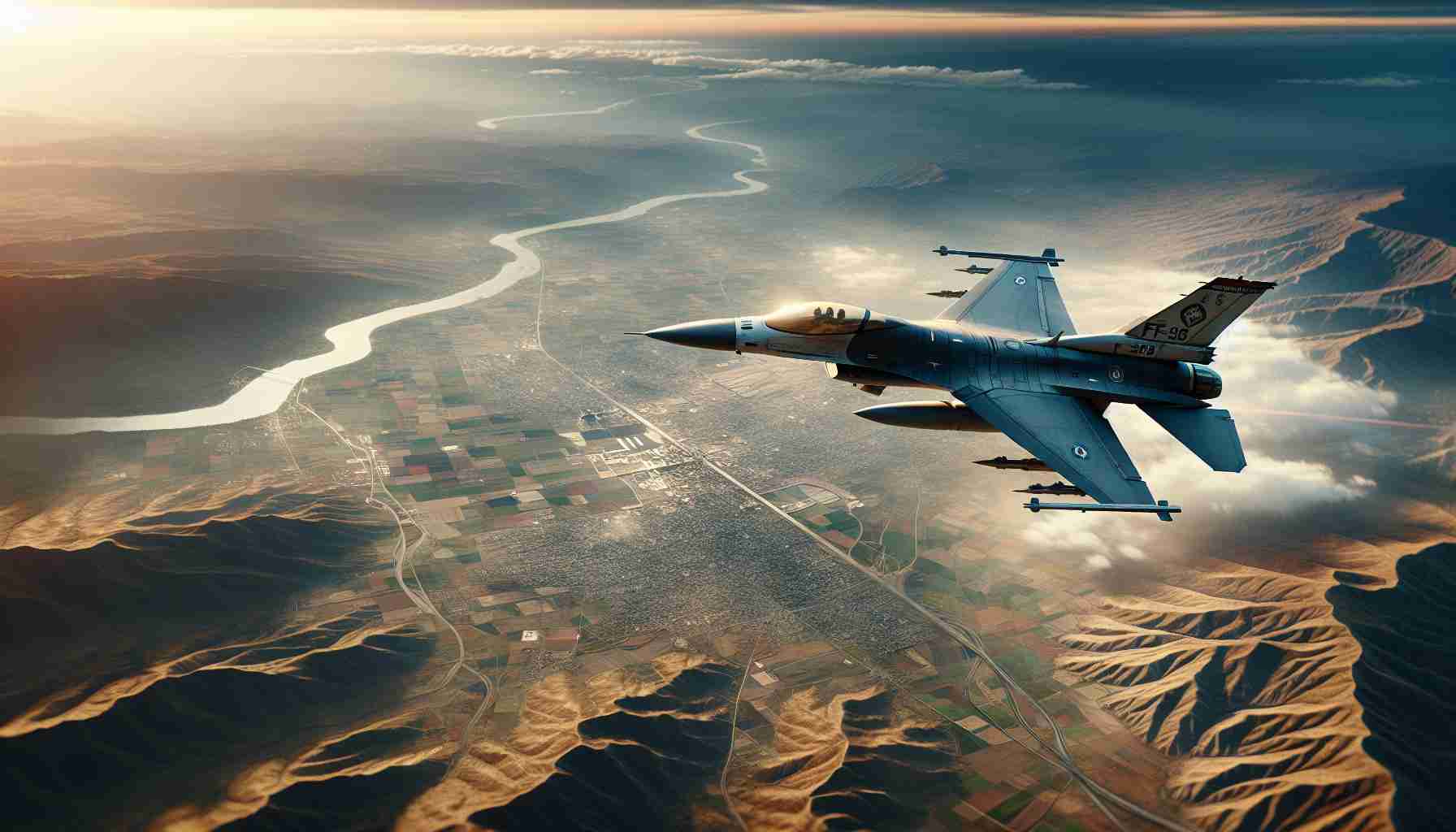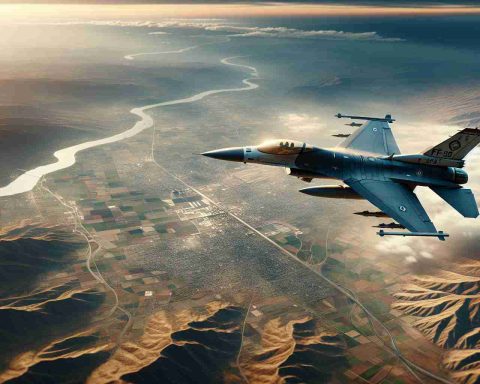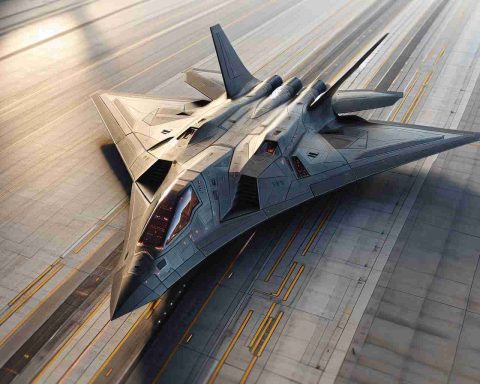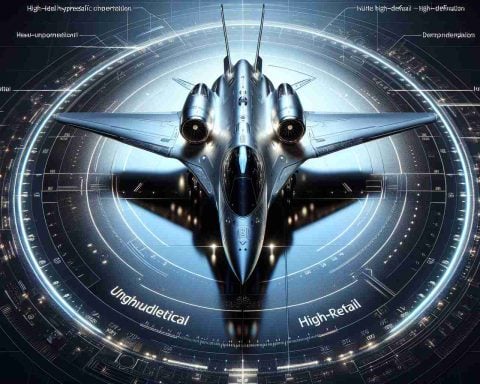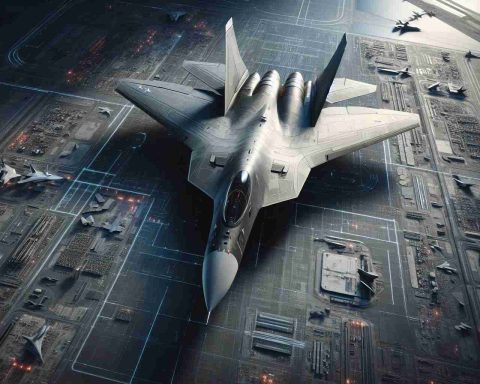Ukraine’s War Machine Gets a Boost
In a major development for Ukraine’s ongoing conflict with Russia, the country has taken delivery of over two dozen F-16 Fighting Falcon jets. This milestone signifies a strategic enhancement of Ukraine’s air force capabilities, thanks to these advanced multirole aircraft, which are expected to play a critical role in reversing the tides of the conflict. However, transitioning to the F-16 poses substantial challenges, particularly for Ukrainian pilots accustomed to Soviet-era fighters.
Navigating the Complexities of Modern Warfare
Retired USAF Colonel Alex Mahon has provided insights into the challenges faced by Ukrainian pilots. While basic flying operations are straightforward, mastering the sophisticated weapons systems of the F-16 is a demanding task. This complexity underscores the need for intensive training, despite pressures to expedite preparations.
Training: The Road to Mastery
Training for the F-16 starts in the clear skies of the American Southwest, equipping pilots with fundamental skills before they face tougher conditions. This groundwork is essential as pilots learn to handle the aircraft’s cutting-edge systems, which are a stark contrast to the older Soviet technology. The computerized fly-by-wire system, for example, requires a shift in how pilots interact with the aircraft controls.
The Strategic Impact
The introduction of the F-16 into Ukraine’s arsenal marks a significant upgrade in its combat capabilities. While mastering these jets demands time and effort, their potential impact on the battlefield makes the training a worthy investment. As Ukrainian pilots strive to master these aircraft, the strategic advantage they provide could be a game-changer in the ongoing conflict.
Unlocking the Future of Air Combat: Ukraine’s F-16 Jets
The recent acquisition of F-16 Fighting Falcons by Ukraine represents a pivotal advancement in the nation’s defence strategy amid its conflict with Russia. These potent multirole aircraft are anticipated to transform the dynamics of Ukraine’s air force operations. However, their introduction brings a host of implications ranging from training challenges to significant strategic impacts.
Understanding the Cutting-Edge Features of the F-16
The F-16 Fighting Falcon is renowned for its advanced technology and versatility on the battlefield. Key features include:
– Multifunctional Capabilities: The F-16 is capable of both air-to-air combat and air-to-ground attack, offering Ukraine flexibility in various combat scenarios.
– Advanced Avionics: It is equipped with superior radar systems, electronic warfare components, and sophisticated weaponry, enhancing tactical effectiveness.
– Computerized Fly-by-Wire System: This system allows for greater precision, control, and stability, a significant upgrade from the manual controls of older Soviet-era fighters.
Training Challenges and Adaptation for Ukrainian Pilots
Transitioning from Soviet-era aircraft to the modern F-16 involves several hurdles:
– Intensive Training Requirements: Pilots must undergo extensive training in the U.S. to handle the F-16’s complex systems and aerodynamic profile. This includes adapting to its computerized flight controls—a major shift from the manual systems they are accustomed to.
– Time and Resource Allocation: Given the immediate conflict pressures, finding the right balance between rapid deployment and comprehensive training is crucial.
Strategic Implications and Military Advantages
The introduction of F-16s significantly bolsters Ukraine’s military capabilities:
– Enhanced Air Superiority: The jets offer superior speed, agility, and adaptability, enabling Ukraine to challenge air dominance effectively.
– Force Multiplier Effect: By integrating these jets into its military strategy, Ukraine can diversify its operational capabilities, creating potential shifts in battlefield advantages.
Future Predictions and Military Trends
The acquisition of these advanced aircraft could herald a new era in military aviation for Ukraine:
– Potential for Further Modernisation: The successful integration of the F-16s might pave the way for future upgrades and procurements in Ukraine’s military arsenal.
– Increased Strategic Partnerships: This development could enhance Ukraine’s defence ties with Western allies, opening opportunities for further technological exchanges and support.
Through the strategic acquisition of F-16 jets, Ukraine is poised to make significant strides in modernising its military forces. This shift not only represents a tactical advantage but also sets a precedent for future innovations and defence collaborations. For more insights on military advancements and defence strategies, visit the NATO website.

